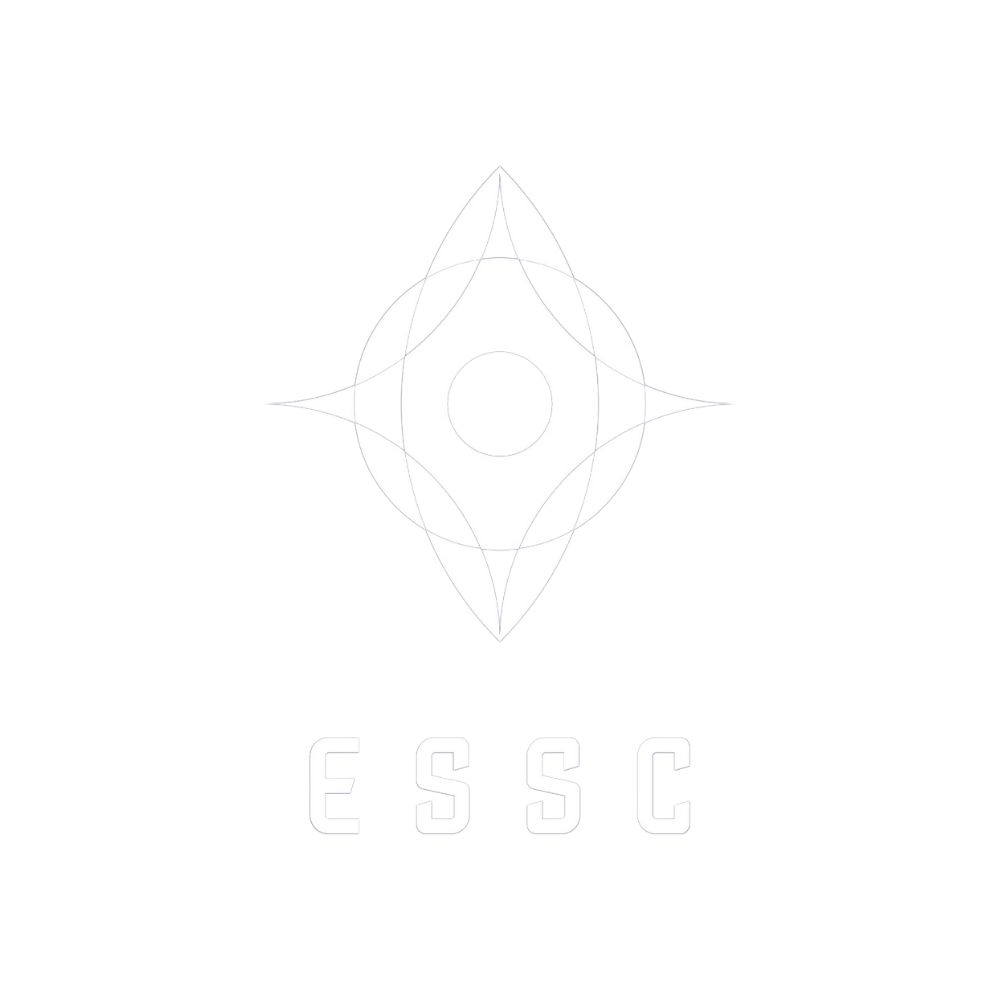Position statement of the European Space Sciences Committee on the growth in space commercialization
May 10, 2022
With the emergence of this new space era, private companies as well as space agencies are finding new ways of exploiting space, and providing new, innovative services. This has led to a substantial increase in the number of satellites, which has begun to grow exponentially. Although providing exceptional opportunities, this surge in activity risks disruption of science observing capability due to collision avoidance actions, or irrevocable loss due to accidents between missions or with space debris. In the extreme, access to space could be compromised. Additional significant problems are posed by reflections from individual satellites which result in light pollution both of the night sky, but possibly also for Earth-observation satellites, while also generating radio frequency interference, all of which degrade the quality of scientific data. Furthermore, the prospect of an uncontrolled growth of In Situ Resource Utilization (ISRU) on planetary bodies (e.g; asteroid mining), threatens their use as platforms for science, and as objects of study.
We are entering a new era of space exploration and exploitation opportunities. Hence, we need to take care now that this next chapter in Earth science, as well as space science, exploitation, and applications, is carried out in the best possible way, finding the optimum balance between the interests of commerce and the growth of human knowledge. The “Outer Space Treaty” of 1967 is a natural starting point, but it does not cover many of the new and fast-growing challenges that we are facing today. The great opportunities offered by the new era of space science and applications have both galvanized and alarmed scientists around the world; the ESSC emphasizes the urgent need to regulate and coordinate the new activities in exploitation and exploration of space at the international level, most effectively through the existing channels at COSPAR and the UN COPUOS.
